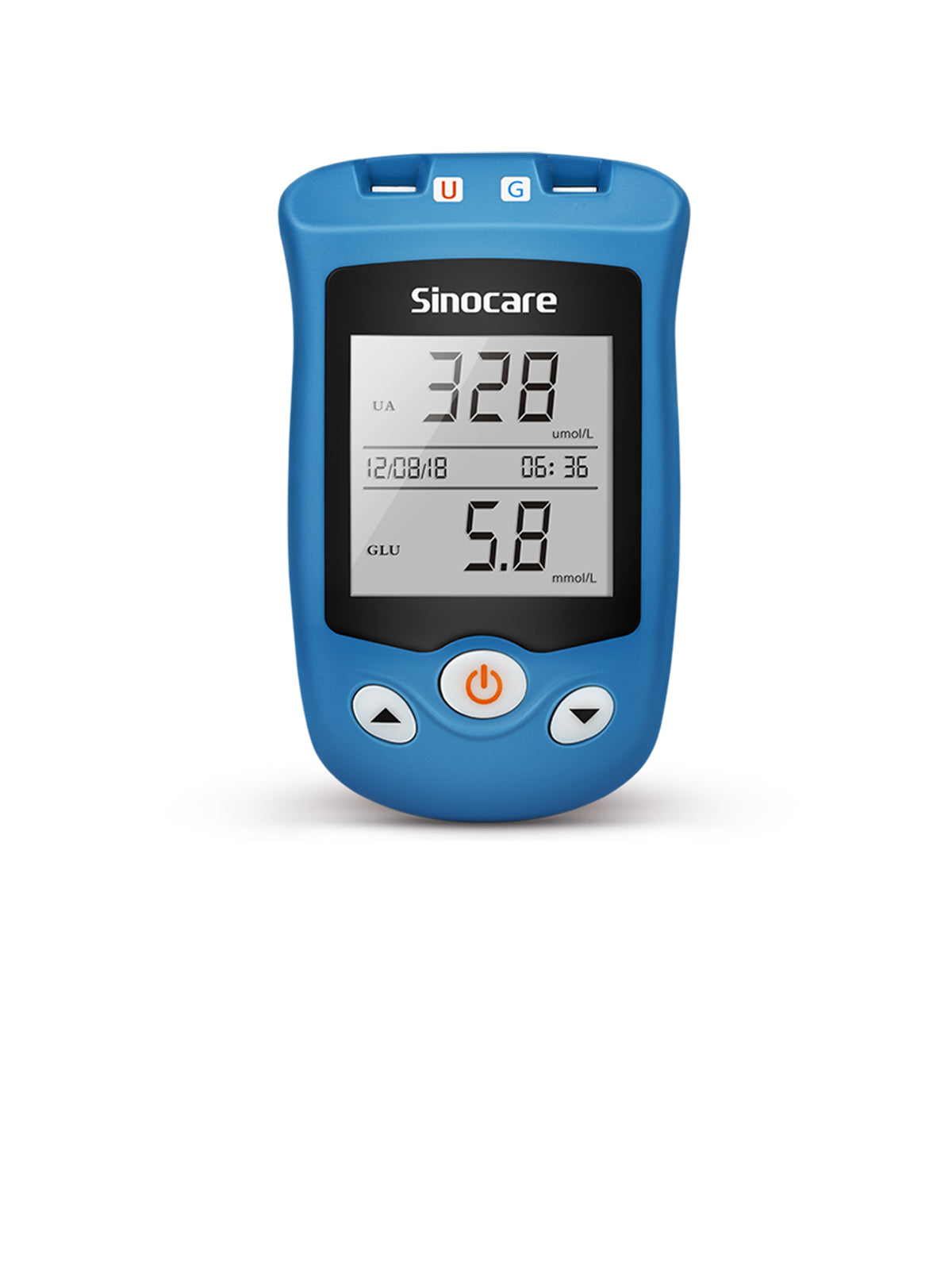Watermelon is a fruit present in various parts of the world, and especially when it is ripe at the right point it is very fresh and juicy. The outer coloration of a watermelon's skin can range from light to dark green, often with streaks or patches, while the inner coloration of the fruit is usually pink or bright red, depending on the variety of watermelon. Usually, a watermelon weighs on average about 10 kg, but some types are much larger, and watermelons are mainly harvested in summer but can be available on the market for a longer period thanks to greenhouse cultivation and their good shelf life at low temperatures.
Nutrition Value of Watermelon
An average slice of watermelon of about 10 grams is on average made up of about 91% water, and contains about 30 calories, 0.6 grams of protein, 7.6 grams of carbohydrates, about 6.2 grams of sugar, and about 0.5 grams of fiber. In addition, this fruit contains a good amount of vitamin C, vitamin B5, and also contains potassium and copper, with decent percentages compared to the recommended daily value.[1]
Calories and GI in Watermelon
An average slice of watermelon has an average of about 30 calories, so it is not particularly caloric and can be consumed in moderate quantities. However, due to its very sweet and pleasant taste, its glycemic index is considered high, with an estimated value of around 75, and therefore can cause harmful glycemic spikes if consumed in excessive portions by people with diabetes. For this reason, watermelon is not really the best choice compatible with people with diabetes, but if consumed in small portions and carefully, watermelon still provides a good amount of water and some nutrients, i.e. substances that are potentially beneficial for the body.
Benefits & Risks of Eating Watermelon with Diabetes
As seen above, taking watermelon can bring some benefits to the body, thanks to the high amount of water that contributes to hydration and some vitamins and minerals present; In addition, watermelon contains some antioxidant compounds such as lycopene, albeit in varying amounts depending on the variety, and also has some anti-inflammatory properties. However, due to the high glycemic index, watermelon intake can cause harmful glycemic spikes when consumed in large portions, and therefore can only be consumed in moderation by people with diabetes, never overdoing the amounts. Therefore, for a person with diabetes, watermelon is not to be considered a safe fruit like others with a low glycemic index, but it can be included in the diet with care and moderation.[1]
How Much Watermelon Can I Eat with Diabetes?
A medium-sized slice of watermelon can have up to 60 calories on average. Therefore, only if consumed in moderation and in accordance with one's diet, it is possible to establish the amount of watermelon to be taken, always paying the utmost attention not to exceed the quantities, as it is necessary to avoid harmful glycemic peaks due to the high glycemic index. However, it is recommended not to consume large amounts as with other low glycemic index fruits, as even the consumption of a small slice a day could be excessive for some people with diabetes, as watermelon contains mainly natural sugars, such as fructose and glucose, and these can quickly raise blood sugar levels if taken in excessive quantities and trigger harmful glycemic peaks.
Fruit Alternatives for Diabetes
Watermelon is not a recommended fruit for a person with diabetes, indeed, in some cases it may be avoided as it causes an increase in blood sugar levels, especially if consumed in excessive portions. It also doesn't have as much fiber as other fresh fruits, isn't a primary source of vitamins and antioxidants compared to other fresh fruits, and isn't ideal to consume it in large quantities frequently. Therefore, it is preferable to move towards fruits such as apples, pears, strawberries, berries, peaches and apricots, each with its own benefits and to always be consumed in moderation and attention to portions if you are suffering from diabetes, always preferring fresh and less sugary fruit.
How to eat Watermelon with diabetes?
Watermelon has a high glycemic index, so it cannot be consumed lightly by people with diabetes, but it is always necessary to pay attention to the quantities consumed, and it can only be consumed occasionally and in small portions, absolutely avoiding consuming it often and in large quantities. There is no way to consume watermelon safely without considering portions, but this is a refreshing snack to be consumed in moderation, perhaps combined with other foods that can help balance the impact on blood sugar, such as sources of protein.[1]
Final Thoughts
Watermelon is a fruit that is partially compatible with the diet of a person with diabetes, and it is always necessary to pay attention to the quantities consumed, without ever overdoing it, especially since watermelon has a considerable content of natural sugars that can cause an increase in blood sugar levels. However, watermelon is fairly rich in some useful antioxidants, so if consumed in moderation it is a fruit that still brings benefits, both for people with diabetes and for all people in general. Finally, it is advisable to prefer smaller portions of watermelon and monitor the individual glycemic response, keeping in mind that the glycemic index of watermelon is high.
References
[1] Bjarnadottir, A. M., MS, RDN (2024, October 17). Watermelon 101: Nutrition Facts and Health Benefits. Healthline. https://www.healthline.com/nutrition/foods/watermelon







Leave a comment
All comments are moderated before being published.
This site is protected by hCaptcha and the hCaptcha Privacy Policy and Terms of Service apply.